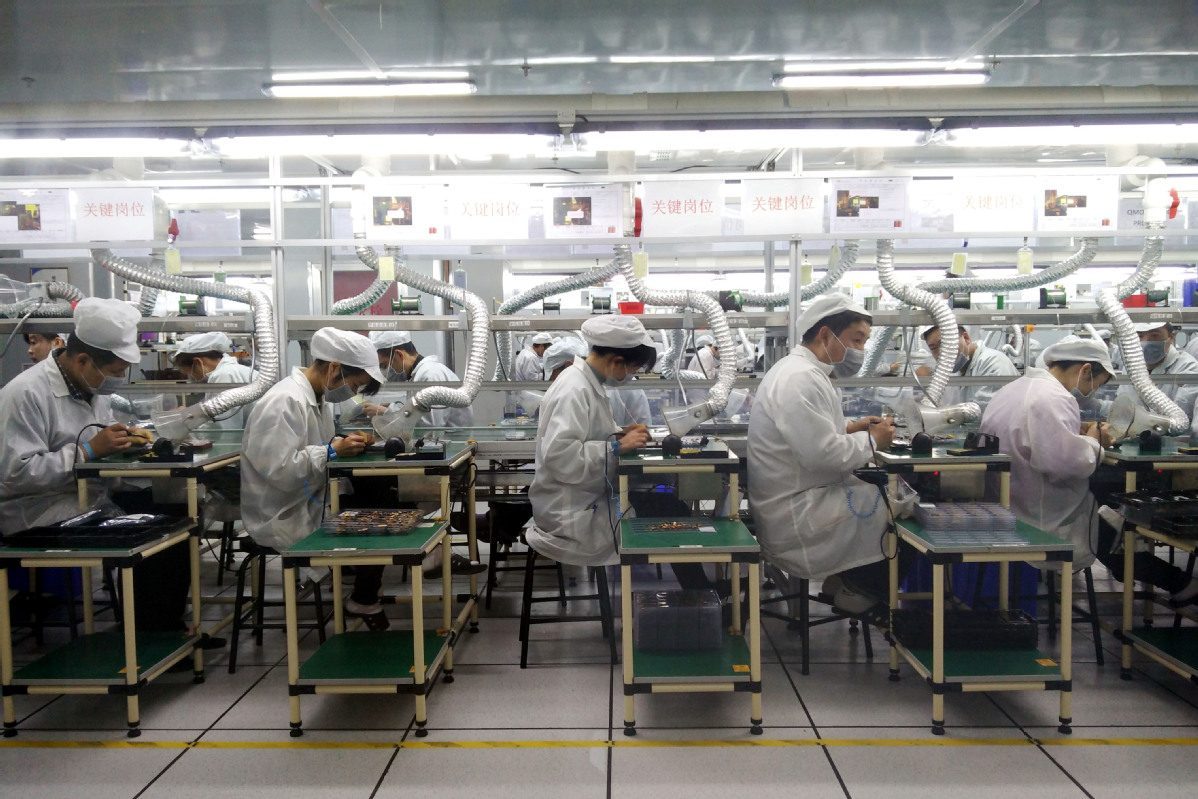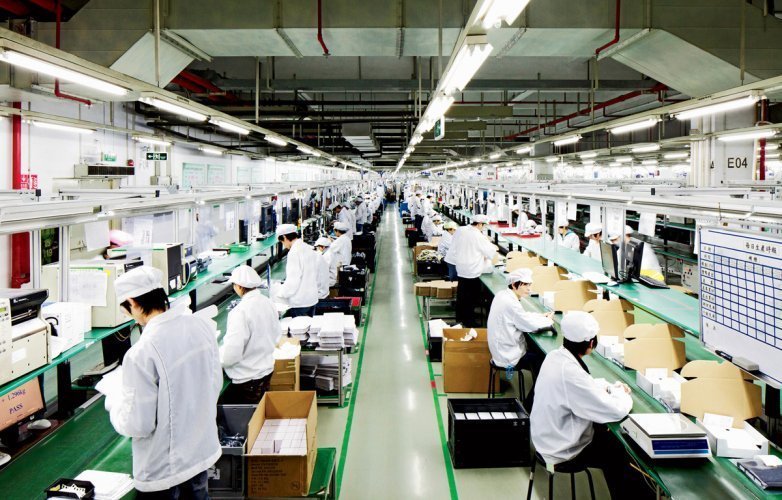Apple is yet again in news for allegedly supporting China’s Human Rights violation, this time for the use of forced labor by Chinese suppliers. The Washington Post reports that the Cupertino tech giant is lobby against a bill called ‘The Uyghur Forced Labor Prevention Act’ which “would require U.S. companies to guarantee they do not use imprisoned or coerced workers from the predominantly Muslim region of Xinjiang.”
China is under Human Right watch for imprisoning Uyghur Muslims in huge detention centers in Xinjiang Xinjiang converting their religion, neutralizing their men and women, and forcing them to work in various manufacturing units throughout the country. It is reported that “Apple is heavily dependent on Chinese manufacturing, and human rights reports have identified instances in which alleged forced Uighur labor has been used in Apple’s supply chain.”

Apple Lobbying Against Bill to Stop Forced Labor in China
Two congressional staffers, on condition of anonymity, confirmed that Apple is among other American companies that are holding private talks to “weaken” the bill which would;
“make it more difficult for U.S. companies to ignore abuses taking place in China and give U.S. authorities more power to enforce the law. One provision in the bill requires public companies to certify to the Securities and Exchange Commission that their products are not made using forced labor from Xinjiang. If companies are found to have used forced labor from the region, they could be prosecuted for securities violations.”
The sources did not provide details of which provisions of the bill Apple is trying to get changed but called “its efforts as an attempt to water down the bill.” Corroborating the shared information, Fierce Government Relations (Apple’s lobbying firm) confirmed that it was lobbying on the bill for the company but didn’t mention whether the iPhone maker was for or against it.
Previously, the company’s CEO Tim Cook has publically denounced forced labor and clarifying the company’s stance on the aforementioned bill, its spokesperson Josh Rosenstock said:
“Apple is dedicated to ensuring that everyone in our supply chain is treated with dignity and respect. We abhor forced labor and support the goals of the Uyghur Forced Labor Prevention Act. We share the committee’s goal of eradicating forced labor and strengthening U.S. law, and we will continue working with them to achieve that.
He said the company earlier this year “conducted a detailed investigation with our suppliers in China and found no evidence of forced labor on Apple production lines, and we are continuing to monitor this closely.”

However, the ground realities are different from what the Cupertino tech giant states. The Chinese government is running the camps under the cover of vocational training, and those who graduate by renouncing Islam and speaking Mandarin, are placed in different factories in Xinjiang and other parts of the country. Bill states:
“Because China has transferred Uighur Muslims out of Xinjiang to work in other parts of the country, human rights advocates say it may be difficult for any U.S. company operating in China to ensure it isn’t benefiting, even indirectly, from forced labor.”
There are approximately 1 to 2 million Uighur Muslims in Chinese camps and according to Human Rights reports, “there are plants that make electronics components in Xinjiang. And private companies, which act as brokers for Xinjiang laborers, have arranged for workers to be transferred from concentration camps to electronics factories outside of Xinjiang” where Apple products are manufactured.
The report states that in March the Australian Strategic Policy Institute found four instances of labor from Xinjiang in connection to Apple’s suppliers. firstly, in 2017 around 2000 Uighurs were transferred to the O-Film factory which manufactures selfie cameras for iPhones. The same supplier is also connected to Amazon, HP, General Motors, and Dell; all the companies have either denounced or ended their relationship with the supplier since then.
The Australian report quoted an official Chines source confirming the transfer of Xinjian workers to the Hubei Yihong factory which supplied to AirPods manufacturer, GoerTek. In 2019, 560 Xinjiang labor ended up in “iPhone City” which is Foxconn’s factory in Zhengzhou responsible for 50% of Apple’s flagship products. Evidence of Uighur students working for Apple’s OLED display supplier BOE Technology Group was also found.
In defense, Apple said that it thoroughly investigates all of its suppliers for strict compliance with the code of conduct to tenure good labor conditions. However, did not mention if the company also investigated if the labor used was forced or coerced.
Update: Bethany Allen-Ebrahimian, who reports on China for Axios, has tweeted the following regarding this Washington Post story, which puts doubt on the report’s accuracy.
According to sources I have spoken to with knowledge of the matter, this Washington Post story does not accurately characterize Apple’s position on the Uyghur Forced Labor Prevention Act.
It is not accurate to say that Apple’s aim is to water down key provisions of the bill, and it is not accurate to characterize Apple as lobbying against the bill.
(And no, the sources I am citing are not a strident email from Apple’s PR department).
Read Also:
2 comments